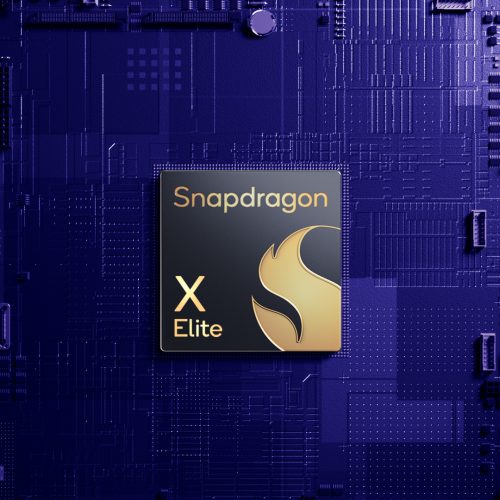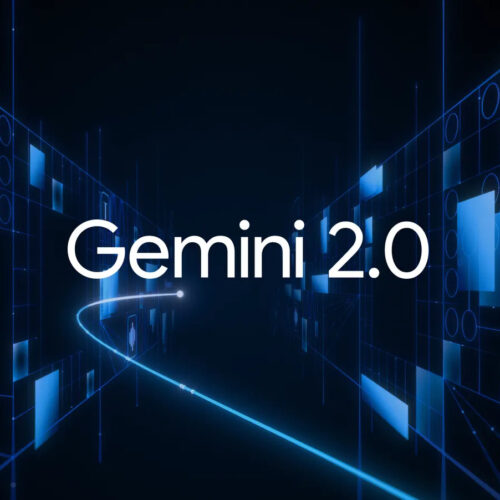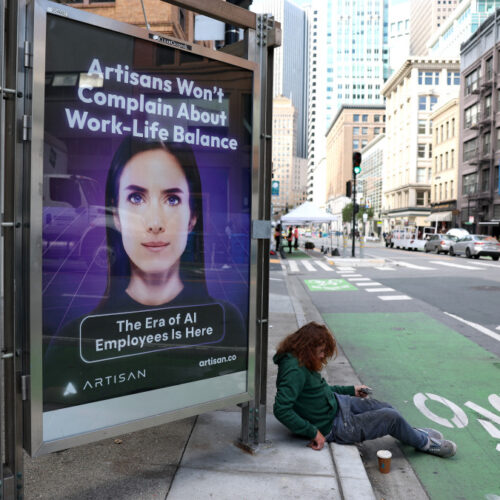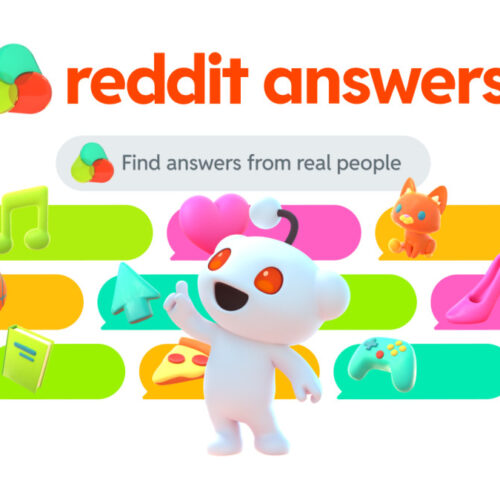12 days of OpenAI: The Ars Technica recap
Over the past 12 business days, OpenAI has announced a new product or demoed an AI feature every weekday, calling the PR event "12 days of OpenAI." We've covered some of the major announcements, but we thought a look at each announcement might be useful for people seeking a comprehensive look at each day's developments.
The timing and rapid pace of these announcements—particularly in light of Google's competing releases—illustrates the intensifying competition in AI development. What might normally have been spread across months was compressed into just 12 business days, giving users and developers a lot to process as they head into 2025.
Humorously, we asked ChatGPT what it thought about the whole series of announcements, and it was skeptical that the event even took place. "The rapid-fire announcements over 12 days seem plausible," wrote ChatGPT-4o, "But might strain credibility without a clearer explanation of how OpenAI managed such an intense release schedule, especially given the complexity of the features."


© J Studios via Getty Images



















